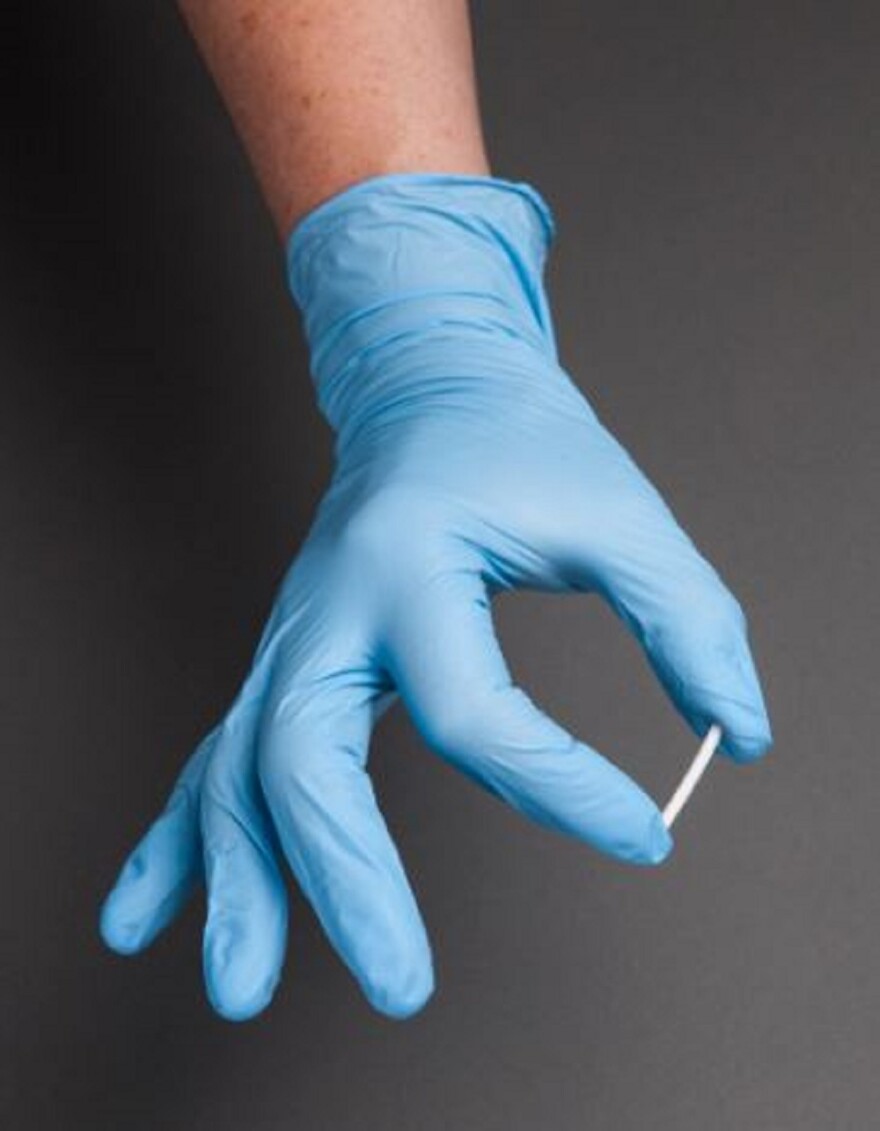Last month, the Food and Drug Administration approved a new implant to treat opioid addiction.
The medication blocks brain receptors that drive powerful addiction to pain pills.
But not everyone in Jacksonville is praising the decision. Some in law enforcement and healthcare see medication-assisted treatment as just substituting one addiction for another.
It’s already 90 degrees by the time Erin Boldger begins pressure washing her first house of the day. With a couple of employees, she’s busy this time of year cleaning homes and landscaping suburban yards in Fleming Island. She said this type of success was inconceivable just a year ago.
“I became, I guess, a manipulator,” she said. “Once my medications ran out, I looked for them through schools, friends and then it started becoming a theft thing. I started looking through my friend’s parents’ medicine cabinets.”
A military training accident left Boldger in chronic agony, and prescription pain pills became her drug of choice on top an existing alcohol problem. Until one day she had a run in with the law.
RELATED HEADLINES
- New Women-Only Addiction Treatment Center Opens In Jacksonville
- Community Thread: The Opioid Epidemic
“I got into some trouble driving a vehicle, having my prescriptions along with prescriptions (that) weren't for me,” she said.
After a jail stint, Boldger said she knew she needed to get help, and a doctor’s ad convinced her to call.
Amit Vijapura is at the forefront of medication-assisted addiction treatment in Jacksonville. In January, he enrolled Boldger in an experimental drug trial using injections of a medicine called buprenorphine. Each injection controls Boldger’s opioid cravings for a month, and she gets weekly counseling to tackle the underlying causes of addiction.
In addition to the injection trials, Vijapura also pioneered the use of the newly approved buprenorphine

implant, which lasts for 6 months.
Vijapura said he hasn't had a single patient relapse while using the medication.
“Addiction happens to people that have a genetic susceptibility,” he said. “They have a brain chemical imbalance. So, by using medication similar, like opioids, but does not cause any addiction, we are able to protect them from any further abuse of opioids as well as any cravings.”
Not all addiction specialists agree, though. Lakeview Health CEO Roy Serpa thinks only abstinence is acceptable.
“We believe that’s just replacing some other drugs for another drug and that’s the way we think about it,” he said.
Serpa isn't alone. Local law enforcement officials are skeptical, too. In Erin Boldger’s case, when she tried to avoid penalties by using drug court, she tested positive for buprenorphine and was told to discontinue treatment or get booted from the program.
Richard Gordon, who oversees Clay and Duval County’s drug courts, said there’s a very good reason for that.
“The testing now will show that either methadone or buprenorphine has been used, but it won’t show whether it’s used as prescribed or abuse,” he said.
Although less potent than opioids, buprenorphine treats pain, which Gordon said means it can still be abused.
In July of 2014, the National Association of Drug Court Professionals voted on a resolution approving medical-assisted treatment, but local drug courts aren't bound to this decision. So until testing catches up to treatment, Gordon said his circuit’s drug courts won't accept people who use it.




